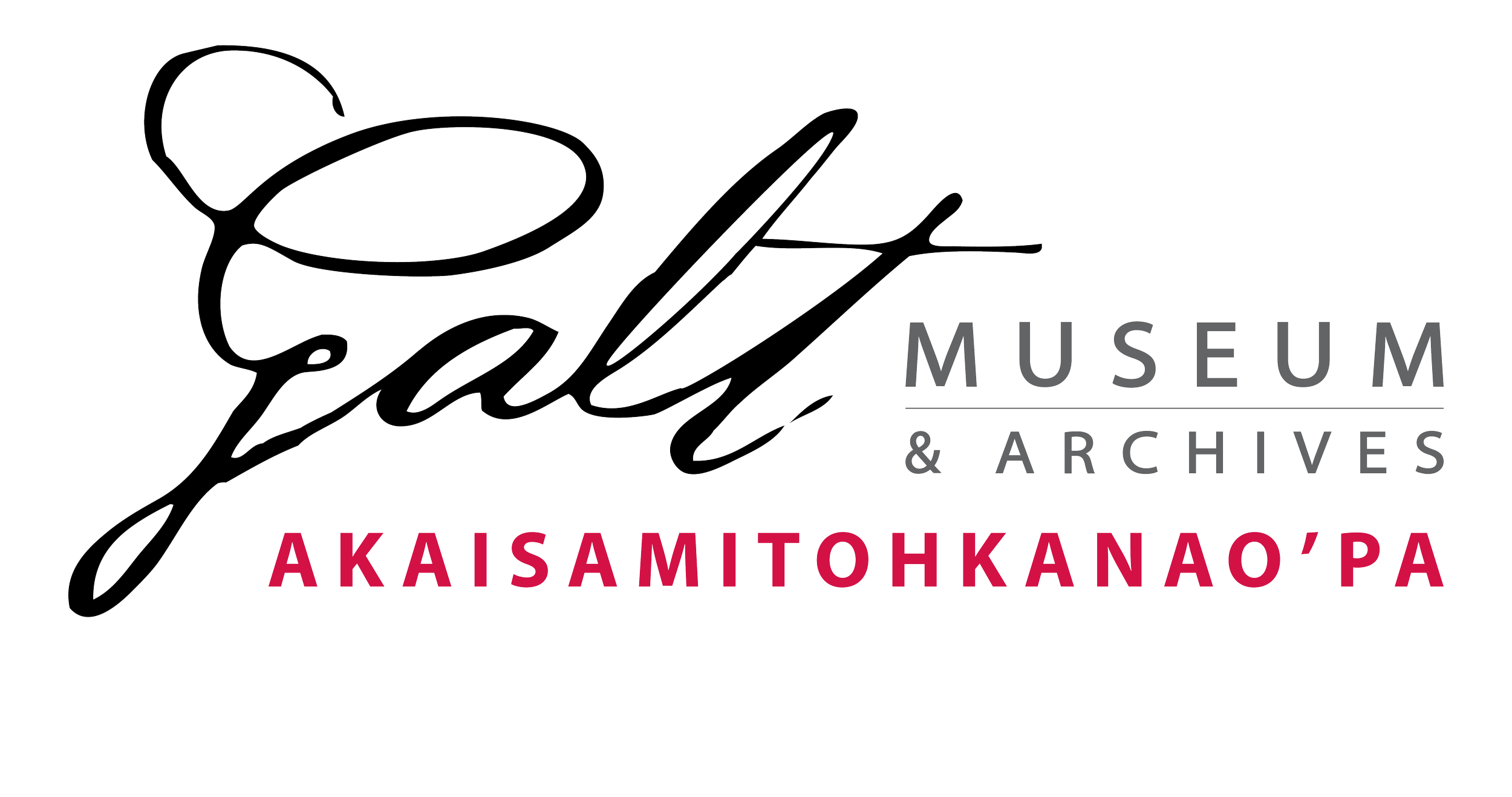Schwartz Agencies Files
Whenever possible, the Galt Museum & Archives creates project employment opportunities with the help of grants, which benefit young people looking for work experience in museums and archives. In 2012, grants from the Community Foundation of Lethbridge and Southwestern Alberta, as well as the Archives Society of Alberta, made it possible for the Schwartz Agencies Files in the archives to be prepared for public use.
Henry Schwartz was a Hungarian immigrant who got his start in business as a land agent for the railway. In 1927 he co-founded the Colonist’s Service Association. By the end of the depression Henry was the sole owner and it was re-named Schwartz Agencies. The agency helped people looking to move to Canada with transportation and proper documentation, a place to live and a place to work. Henry would act as an agent, often corresponding with government officials in English for clients who only wrote in Hungarian.
Around World War II Schwartz Agencies primarily assisted Central Europeans destined for the sugar beet fields. From 1939-1946, non-military travel was suspended between Europe and Canada. Even after travel resumed, the post-war situation in Europe made getting the proper documents difficult. Project researcher Jennifer Vanderfluit found applications and pre-WWII passports from the Soviet Zones of Germany and Austria, as well as Hungary, including one submitted by her uncle’s father requesting that his wife and children join him in Canada.
Researchers will find the immigration files invaluable when searching for information on family members (especially those from central Europe) who immigrated to southern Alberta from the late 1920s to the 1960s. There is also material that can help you research your house if it was built in the 1960s by one of several builders associated with the Schwartz family. Other documents in the Agencies files include a brochure and manual for an indoor charcoal barbeque, the entire set of blueprints for the College Mall Theatre, and a set of resumes where the female applicants listed their height, weight, hair and eye colour.
The Archives can be researched from the comfort of home – follow the links at www.galtmuseum.com.
